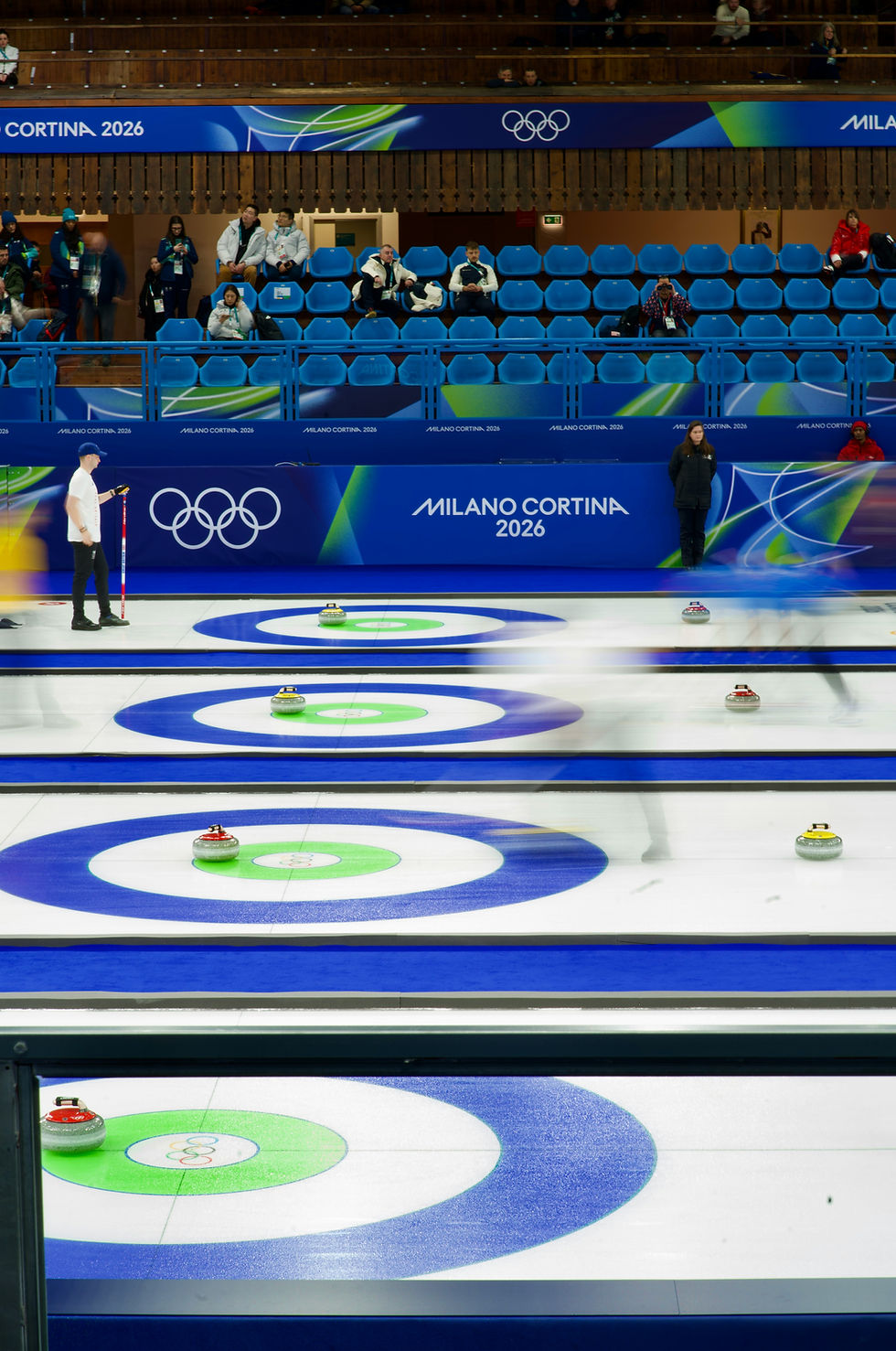OPINION: Yes, watching the Qatar World Cup makes you complicit
- Max Jenz
- Dec 6, 2022
- 2 min read
You’re probably thinking, what is this guy talking about? It’s just football. You turn on the channel and watch a bunch of lads kicking a ball around with drunk fans cheering them on every step of the way. On an ordinary week, you might not care about football at all. It’s that ‘low-level sort of commitment’ entertainment, served with a dash of momentary dopamine on the side. Hardly any rocket science.
However, what if the World Cup is more than just watching a ball getting kicked around? Investigative reporting revealed numerous human rights abuse occurring in the twelve-year construction period in Qatar, with migrant workers being treated as merely disposable objects to fulfil another unsustainable World Cup. Can we separate entertainment from human rights abuses?
Even before the alleged bribery, there were no human rights clauses or conditions concerning labour protections that Fifa requested of the Qatari authorities when they were awarded hosting rights in 2010. Consequently, the typical work day of a migrant worker in Qatar was 14-18 hours a day, according to Amnesty. A report by Equidem found a Kenyan worker who described working 14-hour days at the Lusail stadium without paid overtime for over two years. Migrant workers were trapped by ridiculous recruitment fees ranging from $1,300-$3,000, which is now illegal. Intimidation tactics, such as withholding passports or threatening deportation to the authorities, were used to enforce these brutal working conditions and slave labour wages.
An estimated 100,000 migrant workers have been exploited and suffered abuse because of lax labour laws, and insufficient access to justice in Qatar in the past 12 years, according to Amnesty International. A total of 6,500 migrant workers died in the 12-year construction period. Is this treatment of migrants acceptable since it happened abroad and in a different culture?
Are we, as international consumers of the Qatar World Cup, showing our support, complicity, and ignorance through our viewership?
Yes, watching the Qatar World Cup makes you complicit. I believe watching the Qatar World Cup and knowing how the stadiums were built makes you complicit and symbolises that moral values are for sale for momentary entertainment. This context shouldn’t be a case study solely on the Qatar World Cup but applied throughout all sporting events. Valuing human rights and humane working conditions should never be politicised.
I’ll make a stance and say:” No thank you”.
What part will you play?
Edited by Jemma Snowdon



Comments